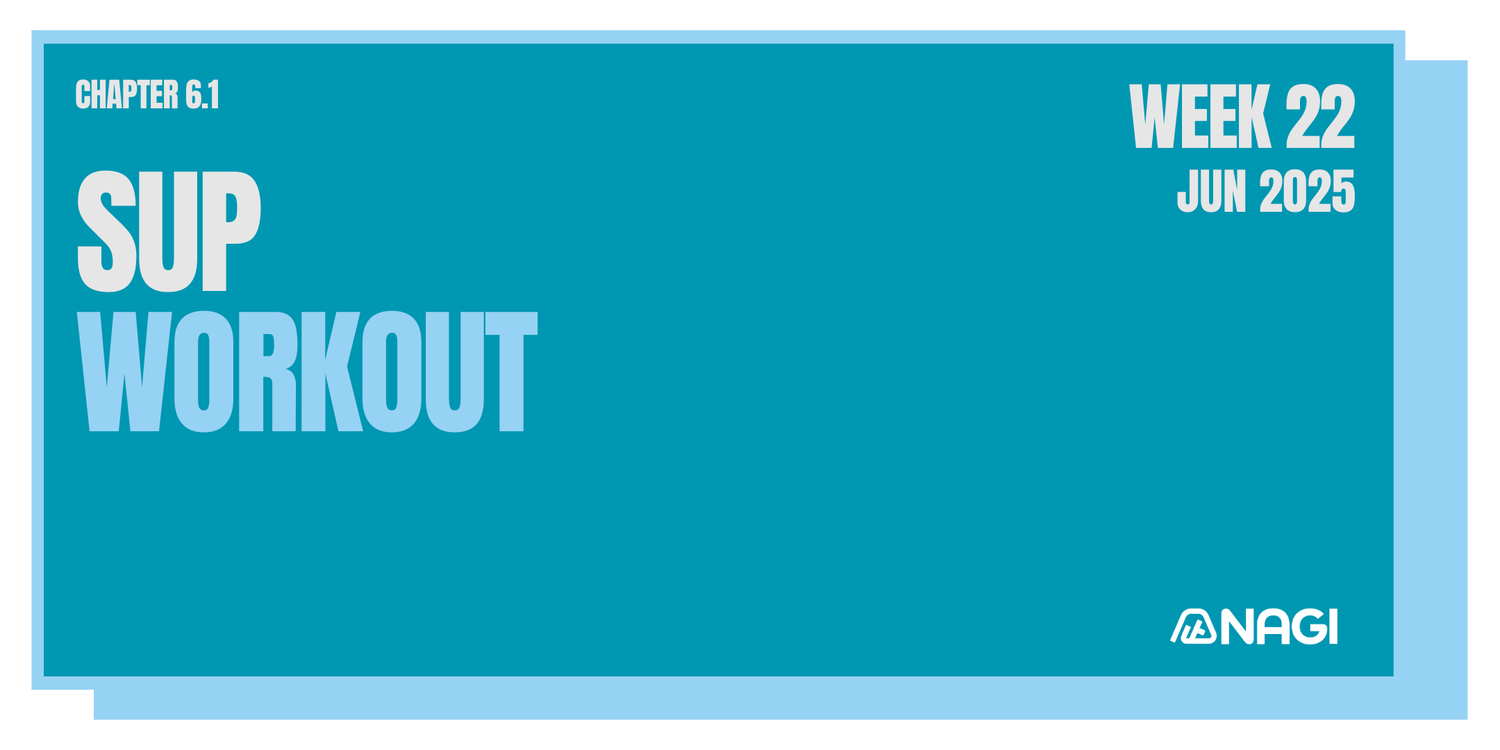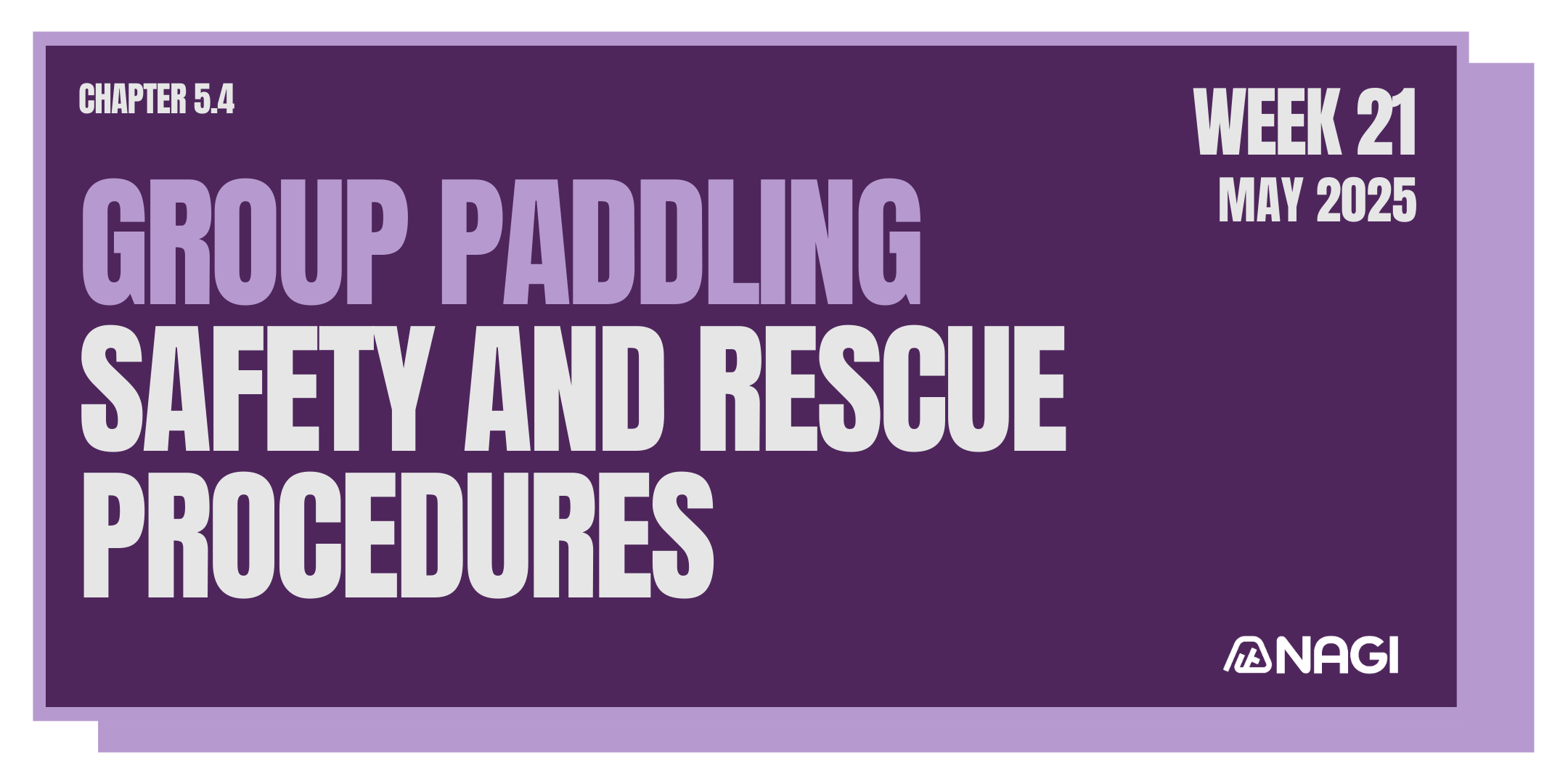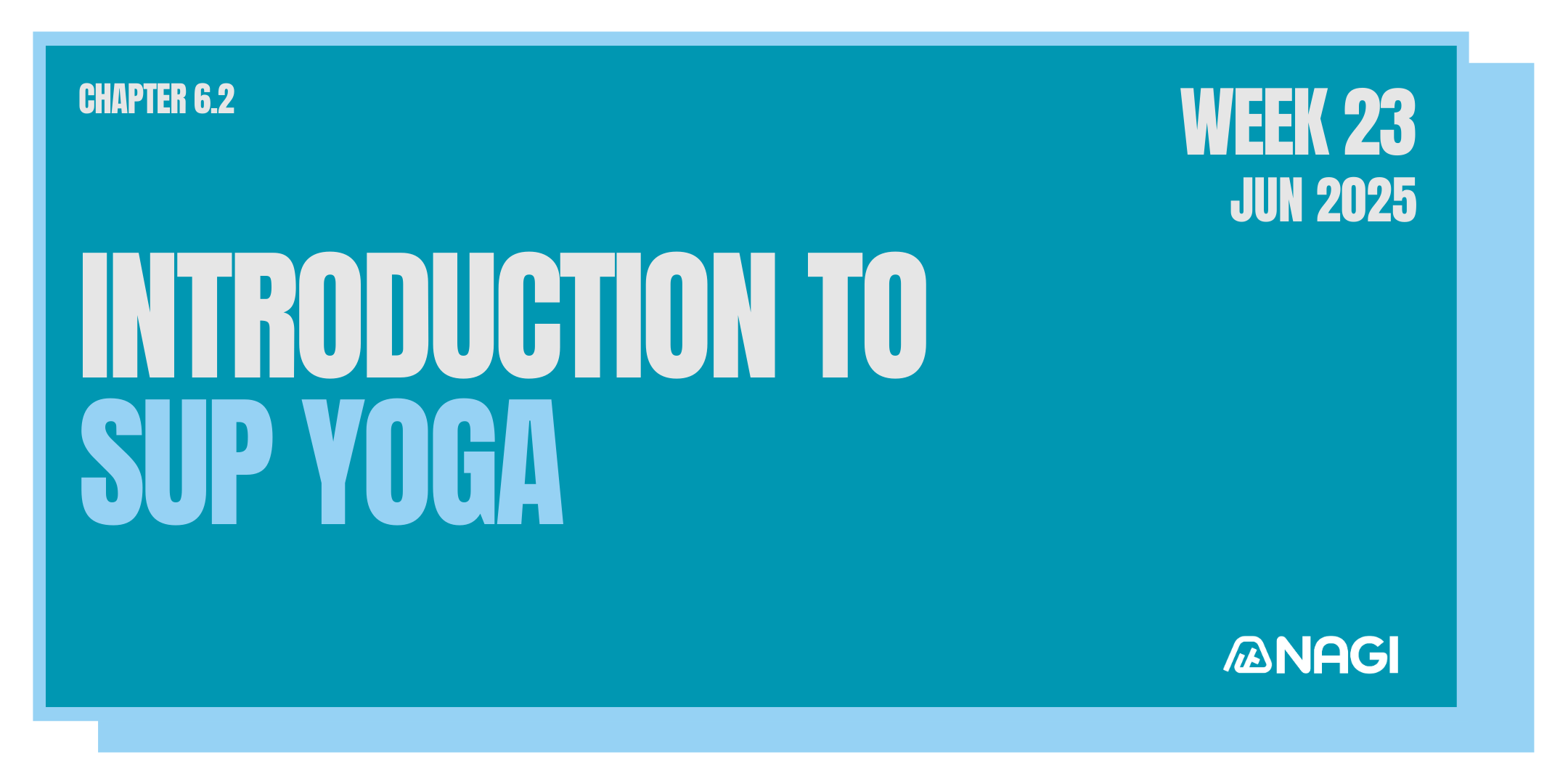Welcome to Week 22 of our fitness journey! This week, we're diving into one of the most exciting and effective full-body workouts - Stand Up Paddleboarding (SUP). Whether you're a water sports enthusiast or someone looking to add variety to their fitness routine, SUP offers a unique combination of strength training, balance work, and cardiovascular exercise, all while enjoying the tranquility of being on the water.
In this guide, we'll walk you through essential SUP techniques, safety protocols, and a series of workout plans tailored for beginners to advanced paddlers. You'll learn why this dynamic water sport has captured the attention of fitness enthusiasts worldwide.
More than just a recreational activity, SUP delivers a comprehensive workout experience that targets multiple muscle groups simultaneously. Let's explore how this versatile sport can enhance your fitness journey:
Core Strength
Your core muscles work overtime during SUP to maintain balance on the board. Every paddle stroke engages your abdominal muscles, obliques, and lower back, helping to build a stronger, more stable core.
Upper Body Development
- Shoulders and arms get a thorough workout through paddling motions
- Back muscles are engaged while maintaining proper paddling form
- Chest muscles work during forward strokes
Lower Body Engagement
Your legs are constantly making micro-adjustments to keep you balanced on the board. This engages:
- Quadriceps
- Hamstrings
- Calves
- Feet and ankle stabilizers
Cardiovascular Benefits
SUP provides an excellent low-impact cardiovascular workout. Depending on your intensity, you can burn anywhere from 300-800 calories per hour.
Mental Health Benefits
Being on the water while exercising offers unique mental health benefits:
- Reduced stress levels
- Improved mental clarity
- Enhanced mood through vitamin D exposure
- Mindfulness through connection with nature
Flexibility and Balance
Regular SUP practice improves overall flexibility and balance, which are crucial for everyday activities and injury prevention.
Getting Started with SUP Workouts
For beginners, start with these basic tips:
- Choose calm waters for your first sessions
- Take a basic SUP lesson to learn proper form
- Start with shorter sessions (30-45 minutes)
- Focus on maintaining good posture while paddling
Remember to always wear a personal flotation device and check weather conditions before heading out on the water.
Progressive SUP Workout Plan
As you become more comfortable, try incorporating these exercises:
- SUP yoga poses for enhanced balance
- Interval training with sprint paddling
- Cross-board lunges and squats
- Paddle technique variations for different muscle engagement
With consistent practice, SUP can become an essential part of your fitness routine, offering a unique blend of strength training, cardio, and mindfulness all in one activity.



